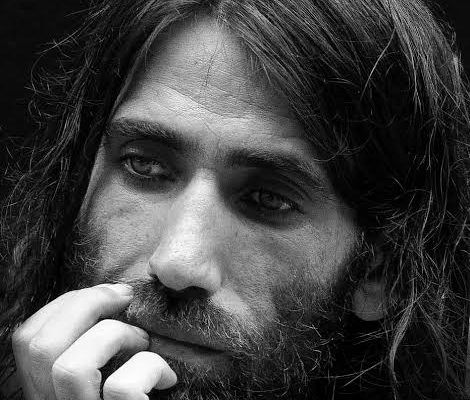Book Reviews: ‘Manus Days’ by Michael Coates & ‘No Friend but the Mountains’ by Behrouz Boochani
Manus Days – the Untold Story of Manus Island, Michael Coates, Connor Court Publishing, 2018.
No Friend but the Mountains: Writing from Manus Prison, Behrouz Boochani, (translated by Omid Tofighian), Pan Macmillan Australia, 2018.
Michael Coates is a former soldier turned security guard at the MRPC (Manus Regional Processing Centre) in the period 2014-17, and gives his participant account of what happened, and why it happened that way. Since expat security staff are happy to supply violence on demand for big bucks, many will receive the author’s version doubtfully, but his unsurprising values are not the point. His personal story and account of the Manus security cohort has an unvarnished rawness and transparency which is useful to understand how such people respond to their jobs, and the changing and ambiguous operational context which informs decisions.
The official secrecy about Manus Island means that his vivid descriptions and dramatic stories will also interest those curious about the relationships amongst the various groups of expat and local staff, corporate management at G4S and subsequently Wilson Security/Transfield, the Canberra principals and PNG government, and disparate groups of refugees. The details about the transition from MPRC to the East Lorengau refugee resettlement program, and ultimately to other parts of PNG, will be of interest to historians, and I expect to academics in fields such as criminology, anthropology and public sector management. Despite the sugar hit from foreign capital to the local economy, this warts-and-all story shows the damage done to everyone involved, including the Manus Island residents.
This is also a prison drama, so for those attracted to personal stories, it’s your book too — there’s lots of colour about good and bad guys, eccentrics and manipulators, and the tragic endings of Reza Barati and Hamid Khazaei. The negativity expressed towards the latter are in contrast to the positive comments made by Behrouz Boochani in his book.
Boochani has achieved widespread praise in literary circles for his much-awarded book, a gaol diary from a refugee prisoner. The translator’s introduction and later reflections are an important literary explanation, as well as the remarkable back-story to the book. As a counterpoint to the Coates book, it’s useful to compare them, especially regarding the violent confrontations.
The Foreword promises the personal thoughts and intellectual observations of an educated journalist and writer, rather than a close record of events. Yet it also provides a gritty record of how a prison model, with detention effectively indefinite, takes a heavy personal toll on non-criminals, penalised for seeking refuge. Boochani is a close observer of his fellows, and documents their desperation and decline, both on the boat trip and at Manus itself. Group identification gave them personal value, with initial bonding at Manus based on shared boat experience, but this changed after a few months to room swapping which tended towards greater matching with those of a common language or ethnicity.
The full range of behaviours emerge in this human zoo, with its cigarette currency, manipulative characters, encroaching madness, fights over food shortages, and acts of petty resistance. He reports the great concern by parents for their children on the boat trip, the initial positivity towards the “Papus” (PNG staff), and the occasional kindness from guards at Manus. Smiling medical clinicians in white coats do not compensate for the “caged” experience, and underline the eerie awfulness of the place. The rituals of hopelessness are the real abuse, centred around years of waiting, suspension of lives, and the lack of solutions for rejected asylum claimants. Yet all this is still happening, with no urgency for resolution, because wasted refugee lives don’t matter. With other measures which have effectively stopped boats over a six year period, what is the credible policy rationale for offshore processing? Any claimed link between means and ends has disappeared.
Kevin Bain reviews refugee books at Independent Australia, and has compiled a Reading Guide for Mornington Peninsula Human Rights Group.
